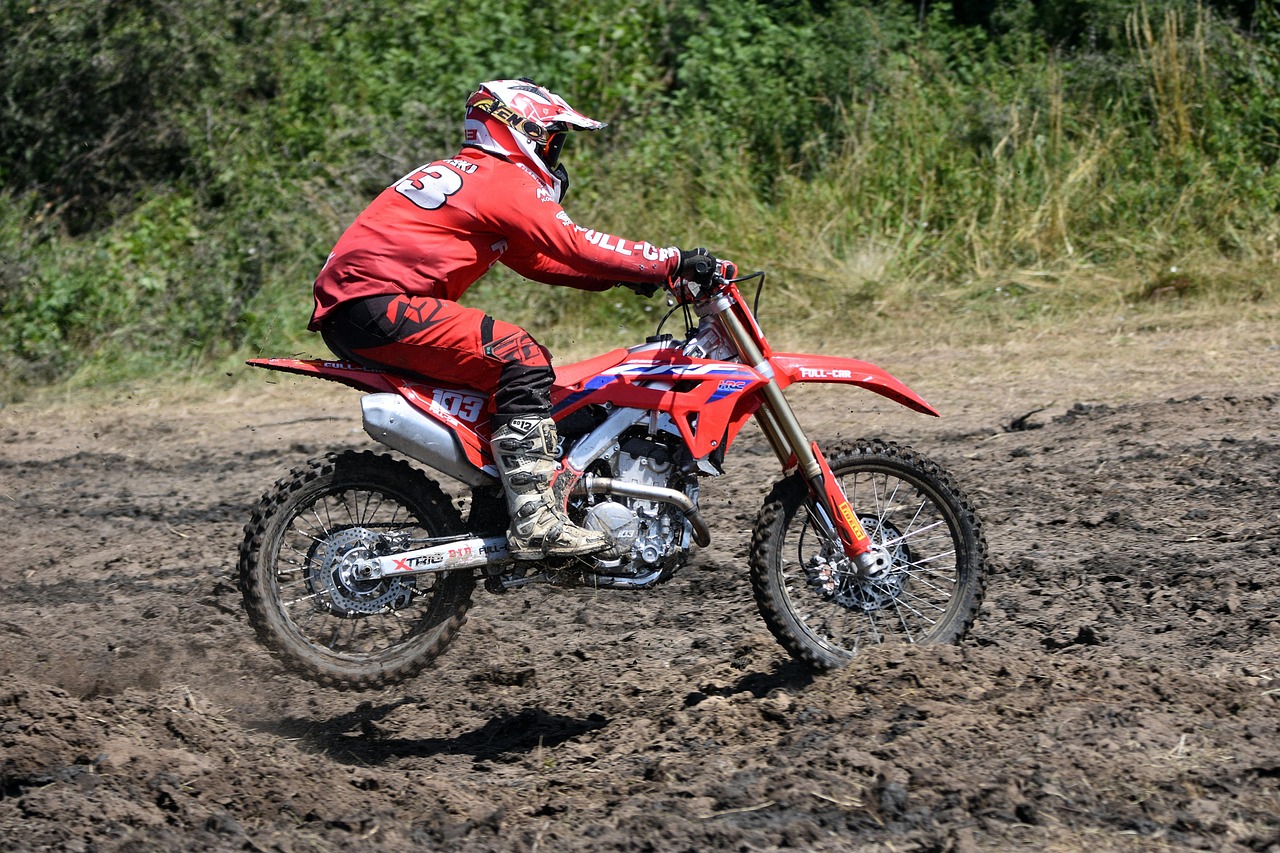Weather might seem like a small factor when it comes to sports, but for savvy bettors, it can be a game-changer. Rain, wind, snow, heat, and even humidity can all have a measurable impact on how a game plays out—and on whether a bet wins or loses. If you’re not factoring in the forecast, you might be missing a critical piece of the puzzle. In this guide, we explore how weather affects sports betting outcomes, which sports are most influenced, and how to use weather data to make smarter bets.
Football and Weather: The Elements at Play
American football and soccer are two of the most weather-sensitive sports, especially when played outdoors. Rain, snow, and wind can dramatically alter game flow and outcomes.
Key impacts:
- Rain and snow slow down the game, often leading to lower total points scored (favorable for “under” bets).
- Wind can make passing and field goals less reliable, reducing a team’s scoring potential.
- Extreme heat can cause fatigue, especially in the second half, influencing late-game performance and player props.
Professional bettors often monitor weather reports and adjust their over/under or prop bets based on game-day conditions.
Baseball: Wind and Rainouts Matter
Baseball is uniquely influenced by wind, making it one of the few sports where weather can directly affect the distance a ball travels.
Betting insights:
- A strong wind blowing out of the park can increase the likelihood of home runs (favorable for over bets).
- A wind blowing in can suppress offense and help unders hit.
- Humidity and temperature can also affect ball flight, with warmer, drier air supporting longer hits.
Rainouts and delays can also disrupt pitchers’ rhythms, and postponed games often lead to unexpected starting lineups the next day.

Tennis and Weather: Surface and Strategy Shifts
While most high-profile tennis tournaments are played on surfaces with consistent conditions, outdoor matches are still affected by weather.
Watch for:
- Windy conditions that favor players with better footwork and control
- Extreme heat, which can lead to fatigue and cramping, impacting long rallies or player stamina
- Humidity, which affects ball speed and bounce, especially on clay or hard courts
In-play betting becomes crucial in tennis, especially when weather conditions change mid-match and alter player momentum.
How to Use Weather in Your Betting Strategy
Weather is one of the few betting factors that is publicly available and often overlooked, giving sharp bettors a potential edge.
Tips for using weather:
- Check game-day forecasts from reliable sources like AccuWeather or local stadium reports
- Follow sports-specific weather impact guides (e.g., wind trends in MLB parks)
- Combine weather data with team tendencies (e.g., running vs. passing teams in football)
- Be cautious with live bets during fast-changing weather—momentum can shift quickly
Smart use of weather insights can help you find value bets the market hasn’t fully priced in.

Conclusion: Forecast Your Bets for Better Results
Weather may be unpredictable, but it’s a predictable factor in how sports are played—and how bets pay off. Whether you’re betting on totals in football, home runs in baseball, or player endurance in tennis, paying attention to the weather gives you a strategic edge over casual bettors.
So before you lock in your next bet, take a moment to check the skies. The forecast might hold more than just rain—it could be the key to your next win.
